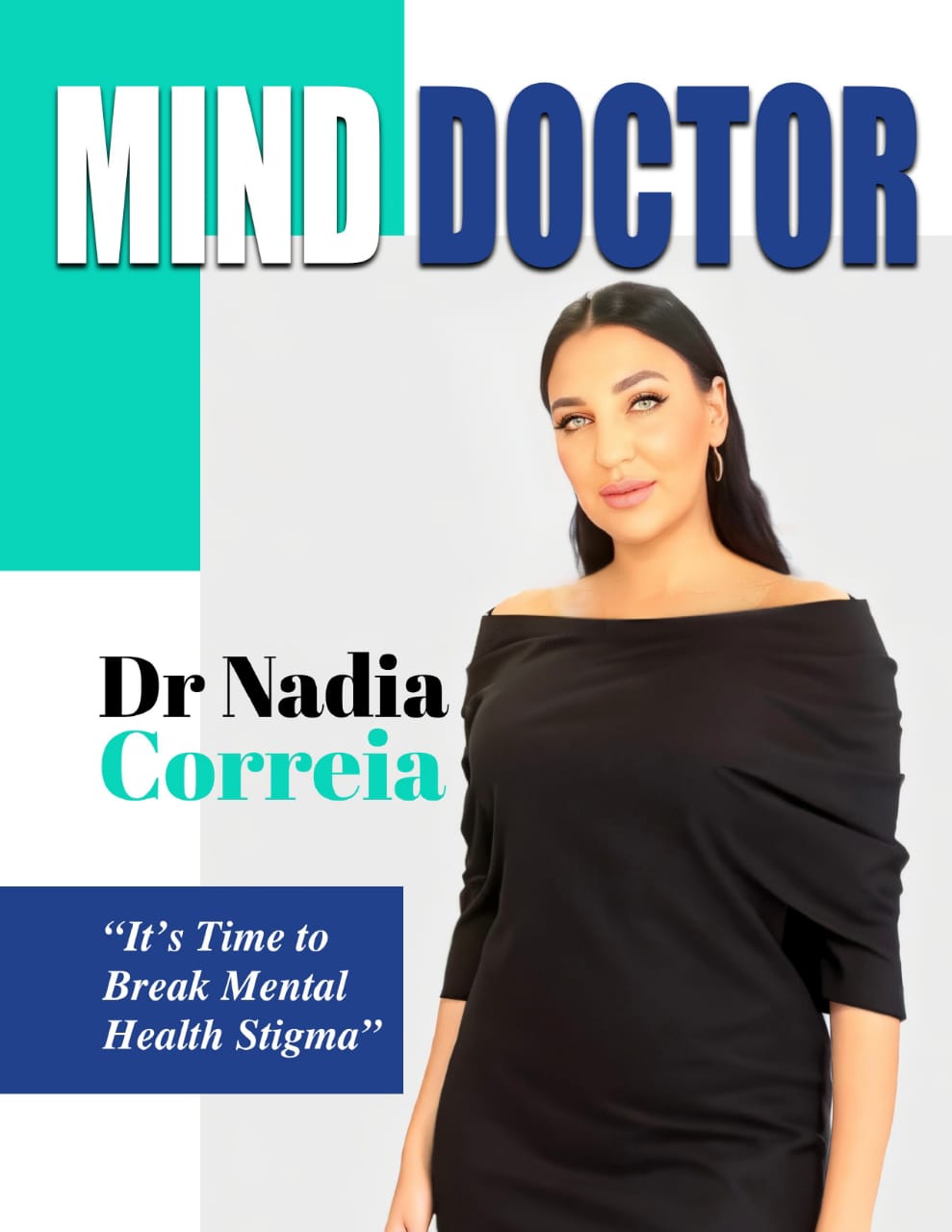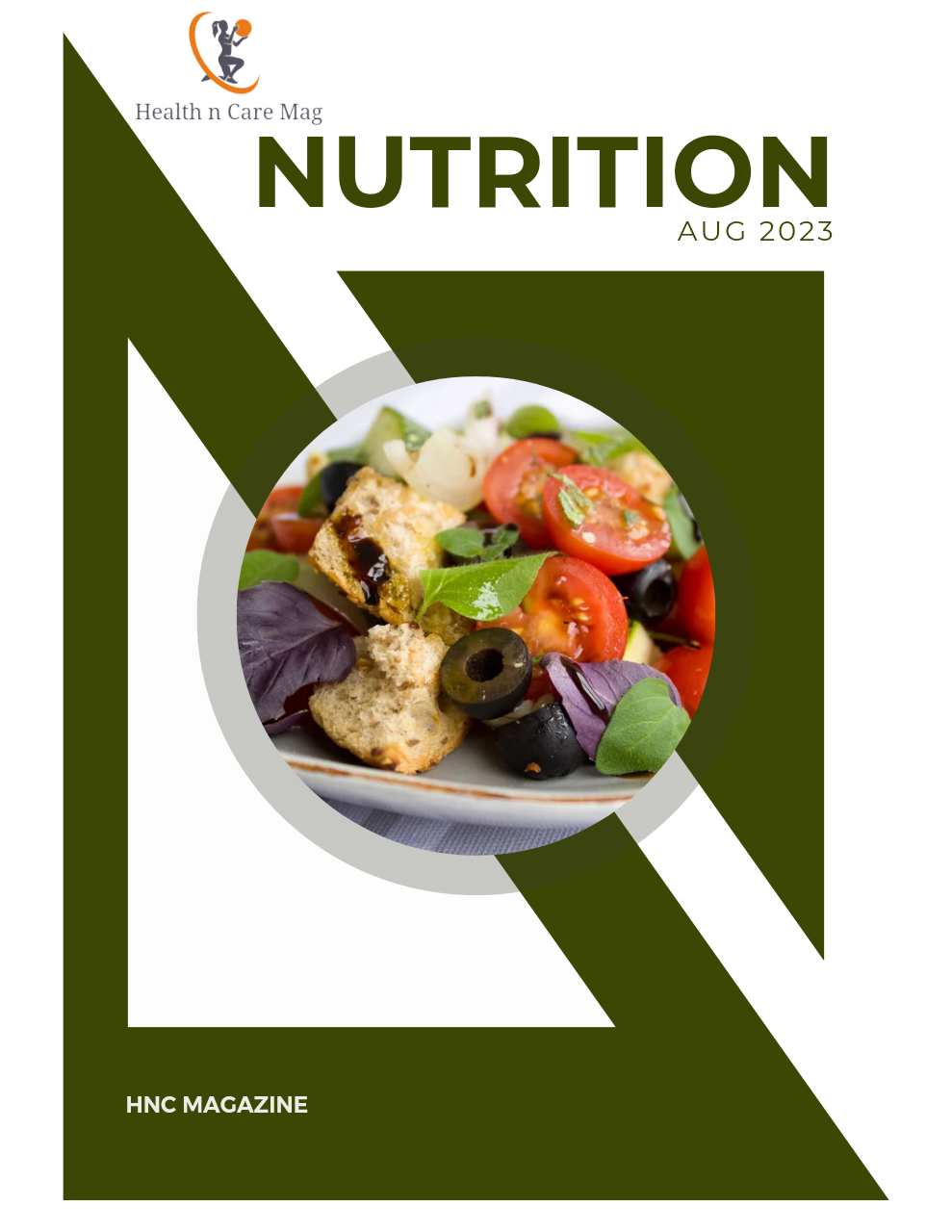Hearing Loss and Diabetes
Hearing loss may not be prominently associated with diabetes but research reveals that diabetics have a high risk compared to non-diabetics. According to the National Health Institute, hearing loss is one of the major widespread concerns for the US with 34.5 million Americans affected with some form of hearing loss. And it is twice as common in diabetics as in people with normal blood glucose. Hearing loss has become quite prevalent especially among diabetics but it is often left undetected by a person until it becomes severe.
In diabetics, hearing loss is said to be brought about by damage to the blood vessels and nerves in the inner ear. Sustained high blood glucose levels over time is said to cause this damage.
Although hearing loss is common in older people with diabetes; it has also been observed for people in the 18 to 44 years old age range. In fact some 23% Americans in this age range are suffering from some form of hearing loss. As expected the statistics is high at 43% for those over 65 years old.
What are the symptoms of hearing loss? For a lot of people, hearing loss occurs over time. The symptoms are so subtle at first and may even go unnoticed. These include always asking others to repeat themselves, trouble hearing in crowded places like restaurants, difficulty hearing children and women, problems following group conversations involving three or more people and turning the volume of the TV or radio too loud for people nearby. These symptoms are not seen right away and often people with early hearing loss may not feel them.
If you suspect hearing loss or your attention has been called by people around you regarding your hearing difficulties; you must seek advice from your primary care physician. It could only be ear wax build-up nevertheless having it checked will catch hearing loss in its earliest stage.
For people with diabetes, it is important to keep blood glucose under control. Monitoring of blood glucose and ensuring the diabetes medication like diabetic pills and insulin are effective in lowering blood glucose to its target levels. It could not hurt to include ear exams in regular check-ups even if it is only once or twice a year.
Once hearing loss has occurred there is usually no cure for it but to use hearing aids to restore hearing. Old hearing aids amplify sounds but new hearing aid technology has enabled them to make sounds clearer rather than louder.



